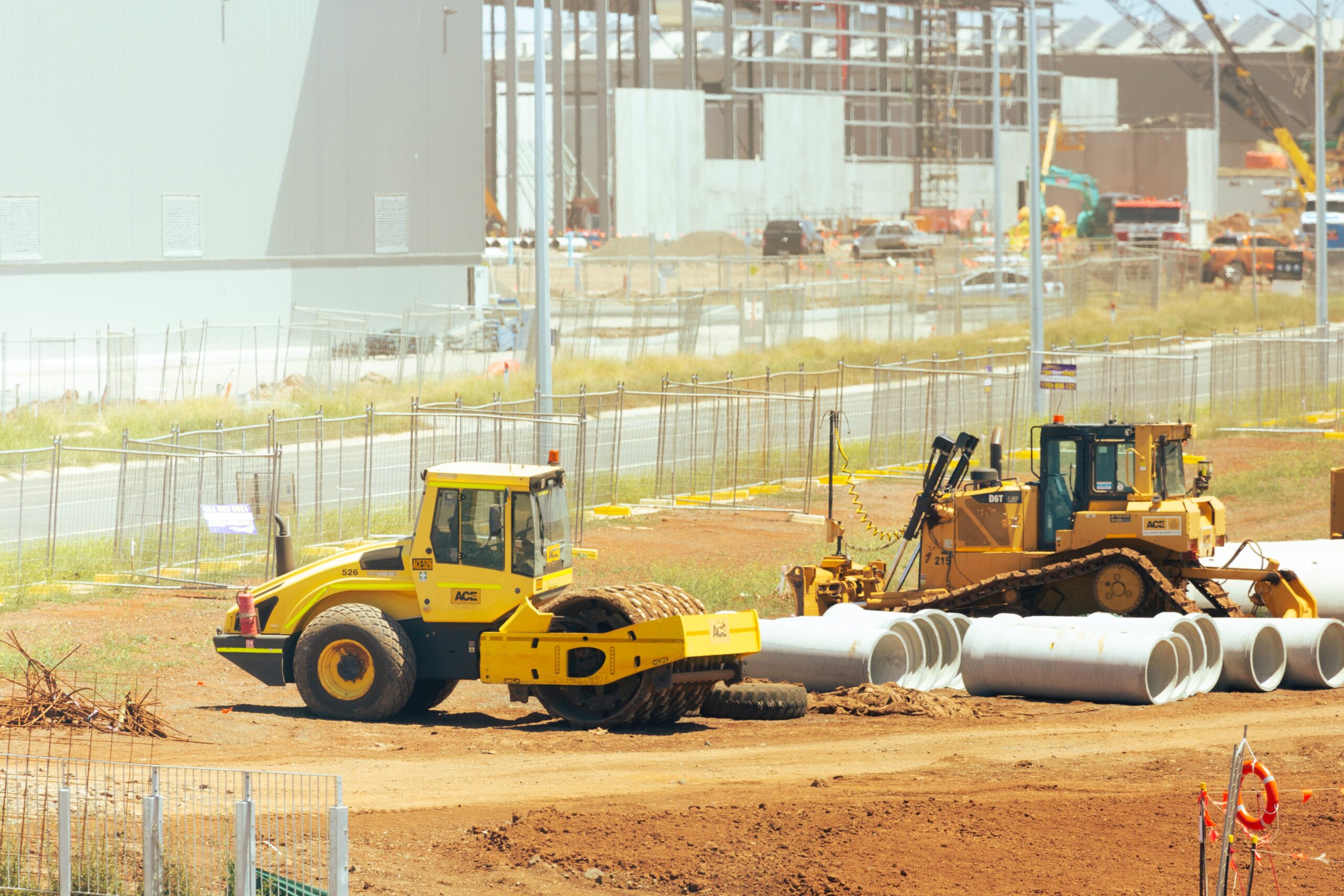The 3,400 KM underwater fiber optic cable installation will soon be built. This is done to strengthen communication in Indonesia. The optical cable will stretch along with the islands of Java, Bali, Lombok, Sumbawa, Labuan Bajo, Sulawesi, Kalimantan, Bawean, Madura, and back to the island of Java in a loop.
The submarine cable installation will be built by PT Varuna Cahaya Santosa, which is a joint venture of PT Communication Cable Systems Indonesia Tbk. (CCSI) with PT NAP Info Lintas Nusa (Matrix NAP Info).
Thomas Dragono, Managing Director of Matrix NAP assessed that VCS is one of the vehicles in the realization of inclusive digital literacy that emphasizes equity for all Indonesian people.
“We hope that the presence of VCS will also be a form of our real contribution to Indonesia in line with the government’s invitation so that all ICT stakeholders can collaborate in terms of digital transformation of the country,” said Thomas in a written statement, Friday (25/2).
CCSI said the construction of the VCS was aimed at strengthening the telecommunications infrastructure in Indonesia, which is the basic foundation for the fast-growing digital economy.
The stakeholders of VCS see that the development of the telecommunications network that is increasingly expanding outside Java requires the construction of an undersea optical cable backbone network that connects islands throughout Indonesia.
The underwater optical cable that will be used is made by CCSI with technical specifications of 48 fiber cores, with the type of cable Repeaterless System, light-weight (LW), single-armored (SA), or double armored (DA).
Peter Djatmiko, President Director of CCSI and claimed that this optical cable has the advantage of serving several island regions where the digital economy is developing.
“VCS has the advantage of being able to serve areas in several Indonesian archipelagos that are developing their digital economy,” said Peter.
The construction of this SKKL is targeted to be completed within 24 months, with the deployment of a cable line that has followed the national corridor flow following the Decree of the Minister of Maritime Affairs and Fisheries Number 14 of 2021 concerning Subsea Pipelines and Cables.
In addition, the specifications for cable laying follow the regulation of the Minister of Transportation No. PM 129 of 2016 concerning Shipping Routes at Sea and Buildings and or Installations in Waters as stated in Chapter IX of Buildings or Installations in Waters, Article 64 point 2.b. Submarine Cable Installation.
“This VCS is a vehicle in terms of realizing inclusive digital literacy that emphasizes equity for all Indonesian people. We hope that the presence of VCS will also be a form of our real contribution to Indonesia in line with the government’s invitation so that all ICT stakeholders can collaborate in terms of digital transformation of the homeland, ” said Thomas Dragono, Managing Director of Matrix NAP Info.























